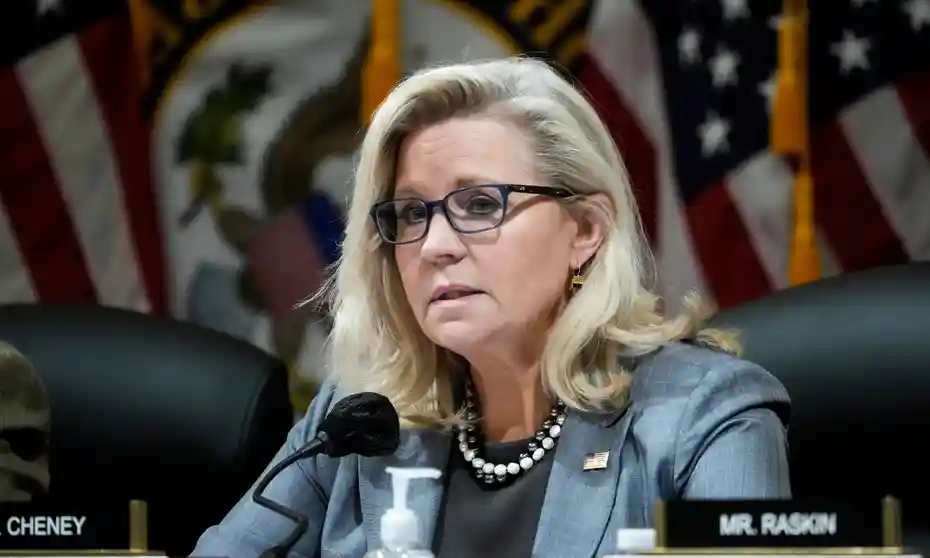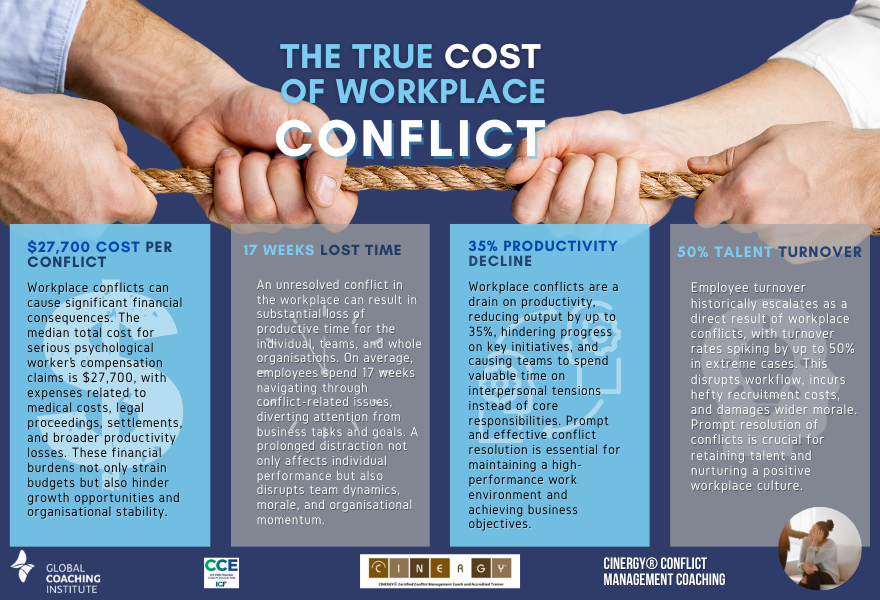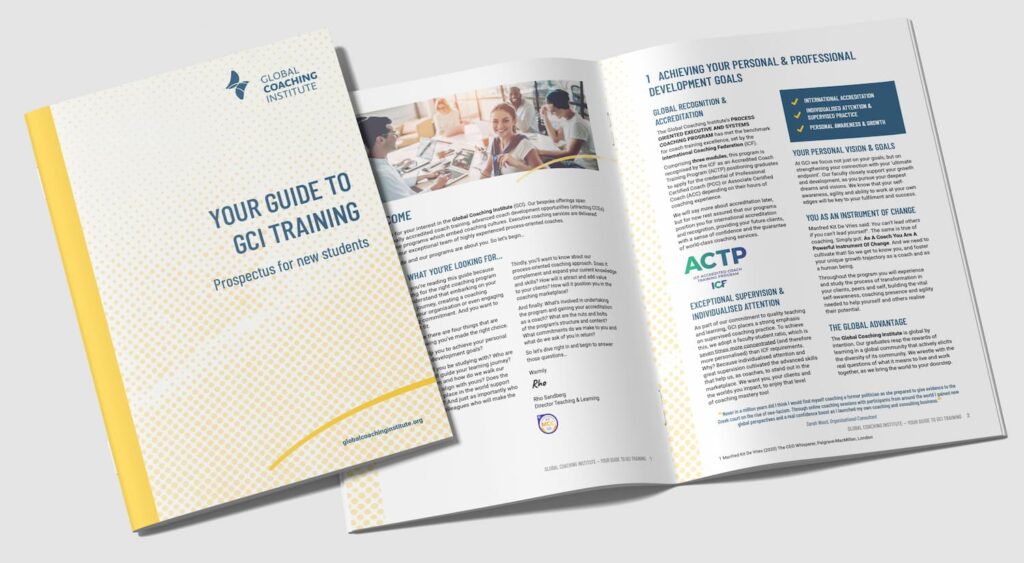The US House Committee’s Hearing on the January 6 storming of the US Capitol building, is disturbing listening and viewing.
Where and how to begin processing this evidence of the delicacy of the democracy we so easily take for granted? Yet it is essential that as humans, leaders, executive coaches and leadership development consultants, we reflect deeply on these events and the tendencies they reveal.
While it is tempting to focus on the behaviors of Donald Trump, the enabling behaviour of those around him, should not escape our attention. It is the failure of so many – over decades – to stand in the face of his untruths, corruption and divisiveness that to my mind is the real concern.
This was the challenge Liz Cheney squarely delivered: “I say this to my Republican colleagues who are defending the indefensible. There will come a day when Donald Trump is gone, but your dishonor will remain.”
In the actions and inactions of those around Trump we find, magnified, the everyday challenges that in one form or another, we all face.
In their behaviour, we find our own failure to act, our potential to become frozen in the face of power-plays and our refusal to acknowledge and call out bad behaviour. We see the temptation to benefit from affiliations with hench-men or women.
As a conflict management coach, I’ve sat with countless clients as they navigate the internal conflicts that ensue when they find themselves confronted by unhealthy and dysfunctional workplace or family dynamics. It is not just the clash of personal values coaching clients confront, but fears about what may ensue if they challenge the misuse of power. And then there are the practical considerations. Who do they speak with? How do they ensure that their voice is heard? How can they protect themselves from retaliation?
While these are commonplace concerns, each individual must find their own answers to these questions. Answers that feel congruent and actionable for them. The coaching relationship allows the safety, focused questioning and a sounding board for making informed decisions.
Unless we navigate these concerns, silence becomes a default position – and we find ourselves part of the fabric of cultures that no-one wants to live or work in.
Yet dealing with the misuse of power is not easy. It can mean standing apart from our peers – as Liz Cheney did – forging alliances and working strategically.
It is our role as leaders, coaches and consultants to help our clients, peers, and colleagues wrestle with the complexity of how to intervene in order to uphold ethical standards and healthy workplace cultures.
Over the years I have found the CINERGY Conflict Management Coaching model an invaluable tool for penetrating the web of confusion, fear and other emotions that can prevent us from speaking for and protecting the values and behaviours that really do matter.
Please reach out to us if you’d like to know more.




